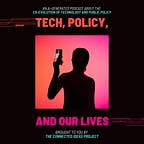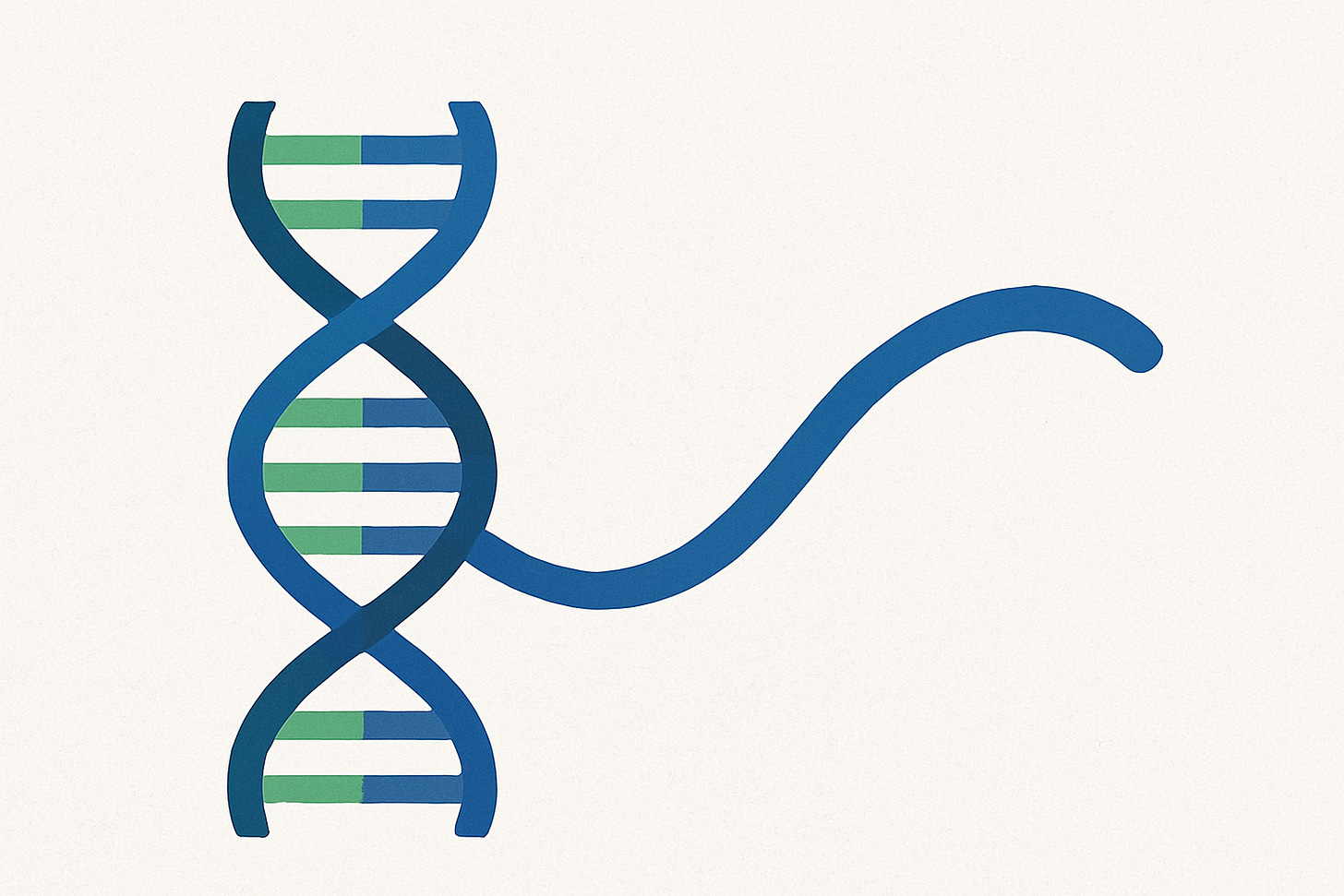In 2018, when the world found out a Chinese scientist had edited the genes of twin baby girls, the reaction was instant and loud: absolutely not. Scientists called it reckless. Ethicists called it unethical. Governments rushed to reinforce bans. And He Jiankui, the scientist behind the experiment, was sentenced to prison in China for violating medical regulations.
Since then, any mention of embryo editing has carried that weight - taboo, scandal, overreach. For years, the field was kept at arm’s length. Researchers focused on other areas of gene therapy. Funding stayed away. And public conversations pretty much stopped.
Until now.
Something is changing.
A recent Pew survey showed that most Americans, 72%, actually support editing a baby’s genes to treat a serious condition present at birth. Another 60% support it to reduce the risk of serious illness later in life. But only 19% are okay with editing genes to make a baby more intelligent.
In other words, the public is drawing a clear line: treating disease is okay. Enhancement is not.
And that shift in public attitude is opening the door again. Quietly. But unmistakably.
The podcast audio was AI-generated using Google’s NotebookLM.
Meanwhile, the science hasn’t stopped moving. In fact, it’s gotten way better. When embryo editing first made headlines, the tools were still pretty clunky. You’d cut DNA with CRISPR, and sometimes get off-target effects, mosaicism (different edits in different cells), or even big chunks of missing DNA.
Now we’ve got base editing and prime editing, newer tools that are much more precise. They let scientists change a single DNA letter without breaking the strand entirely. It’s a smoother, more controlled process. And researchers are getting pretty good at using it in human embryos in lab settings.
No one’s putting those embryos back into people (not legally, anyway), but they are proving that the technology is getting safer and more predictable.
Then came the twist: the tech world is interested now, too.
Just this month, Brian Armstrong, CEO of Coinbase, put out a call on social media saying he wants to fund a U.S. startup focused on embryo editing. He’s looking for gene editing scientists and engineers to build the “defining company” in the space, focused on treating genetic disease.
He even offered to cover flights and hotels for interested folks to come out to the Bay Area for a dinner to talk about it.
The timing of this is no accident. The science is getting real. The public is starting to see the value. And now venture capital is circling back with serious interest. Whether or not you think Armstrong’s the right person to lead that charge, the fact that the conversation is happening at all is a big deal.
Until now, no U.S. company has openly pursued heritable genome editing. The FDA is actually barred by law from even reviewing any application that involves editing embryos for pregnancy. But laws can change. And if the public continues to support medical uses of this technology, pressure to revisit that policy will only grow.
Some researchers are cautiously optimistic. They see a future where editing an embryo to prevent something like Tay-Sachs or cystic fibrosis could be done safely and with strict oversight. Especially in cases where both parents carry a disease-causing gene and other options, like preimplantation genetic testing, don’t work.
Others are more hesitant. They worry that even if we start with good intentions, it’s a slippery slope. Once the infrastructure is there to edit embryos for disease, it wouldn’t take much to pivot to enhancement. Taller. Smarter. Stronger. And even if you don’t want that, someone else might.
There’s also the risk of increasing inequality, if only the wealthy can afford gene editing, we could end up with even deeper social divides.
That’s why a lot of scientists are calling for slow, deliberate steps. Continue research in the lab. Make sure it’s safe. Build public trust. Set clear rules for what’s allowed and what isn’t.
But here’s the part that matters: for the first time in a long time, those conversations are happening in the open. Not behind closed doors at academic conferences. Not in off-the-record policy briefings. Out loud. On the internet. With real experts chiming in.
And that’s new.
We’re not going to see genetically edited babies born in the U.S. anytime soon. The legal and regulatory walls are still high, and there are real safety questions to work through. But the ground is shifting. Public support for medical uses is growing. The science is advancing. Investors are getting interested.
This isn’t about designer babies or Gattaca-style futures. It’s about helping parents who want healthy children, and who right now don’t have any options.
Of course, it’s complicated. It’s personal. And it’s still early.
But it’s back on the table.
And actually, I’ve been working on a science fiction project in this space for a while. I didn’t expect the public conversation to start shifting just as the story was taking shape, but here we are. It’s coming soon, and I think it’ll help people think through these questions in a different way.
Because at the end of the day, this is about real people, real science, and a future that’s arriving faster than most of us expected.
Let’s keep watching. Let’s keep talking. And let’s make sure we get it right.
Cheers,
—Titus













